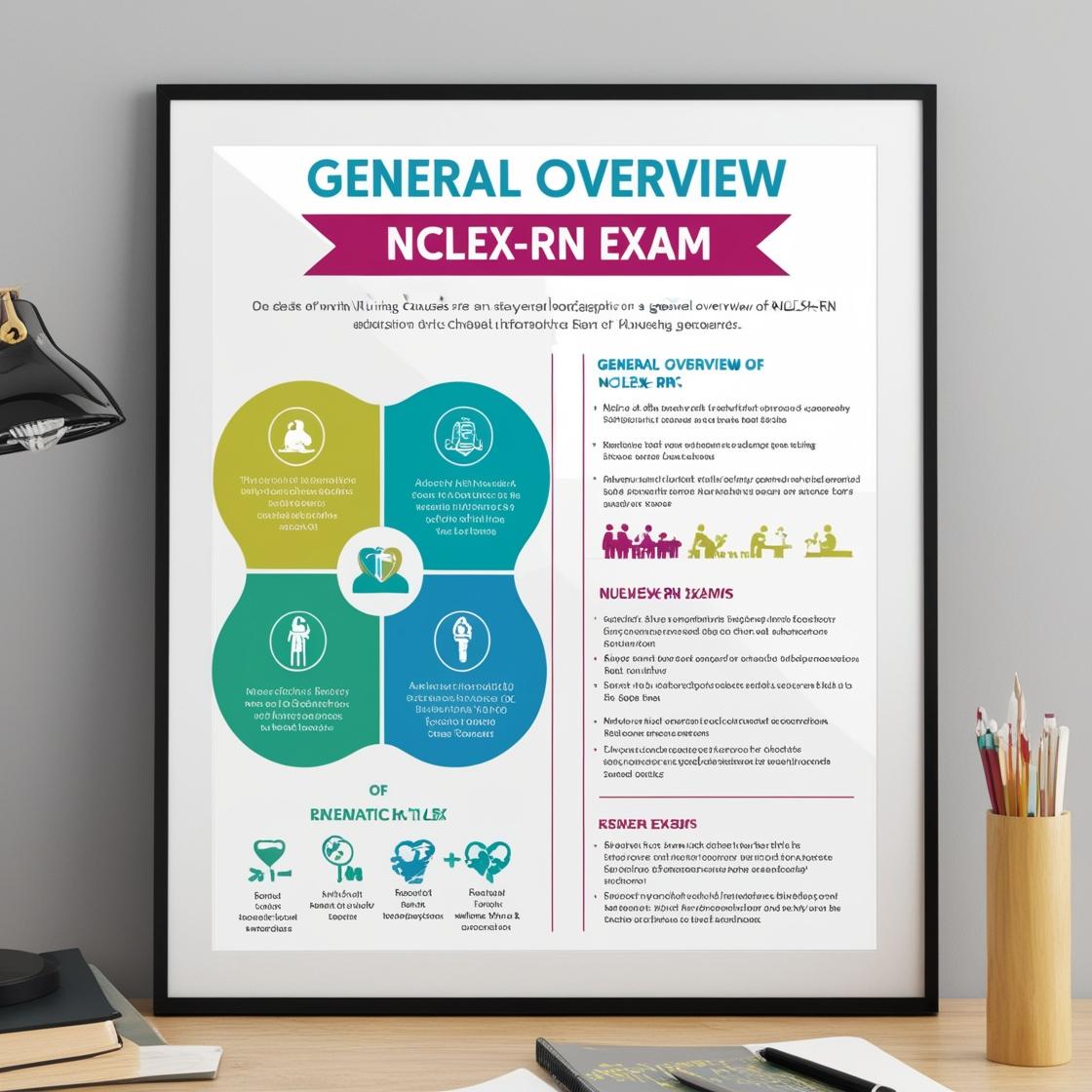NCLEX-RN
NCLEX RN Exam Prep
1. Which of the following statements best describes footdrop?
- A. The foot is permanently fixed in the dorsiflexion position
- B. The foot is permanently fixed in the plantar flexion position
- C. The toes of the foot are permanently fanned
- D. The heel of the foot is permanently rotated outward
Correct answer: B
Rationale: Footdrop results in the foot becoming permanently fixed in a plantar flexion position, not dorsiflexion. This position points the toes downward. The client may be unable to put weight on the foot, making ambulation difficult. Footdrop can be caused by immobility or chronic illnesses that cause muscle changes, such as multiple sclerosis or Parkinson's disease. Choice A is incorrect because footdrop leads to plantar flexion, not dorsiflexion. Choice C is incorrect as it describes a different condition known as 'toe fanning.' Choice D is incorrect as it describes an external rotation of the heel, which is not a characteristic of footdrop.
2. A nurse is preparing to insert a small-bore nasogastric feeding tube for a client's enteral feedings. In which method does the nurse measure the correct length of the tube?
- A. From the tip of the nose to the xiphoid process
- B. From the tip of the nose to the earlobe to the xiphoid process
- C. From the earlobe to the xiphoid process
- D. From the tip of the nose to the earlobe to the umbilicus
Correct answer: B
Rationale: When preparing to insert a nasogastric tube, the nurse must measure the correct length to ensure that the end of the tube will be in the correct position in the stomach. The accurate method to measure the length is from the tip of the nose to the earlobe to the xiphoid process. This length ensures that the end of the tube reaches the stomach, avoiding placement in the small intestine or esophagus. Choice A is incorrect as it does not include the earlobe, which is essential for accurate measurement. Choice C is incorrect because measuring from the earlobe alone does not provide the correct length for positioning in the stomach. Choice D is incorrect as it includes the umbilicus, which is not the appropriate landmark for measuring the length of a nasogastric tube intended for stomach placement.
3. A client is diagnosed with ariboflavinosis. Which of the following foods should the nurse serve this client?
- A. Citrus fruits
- B. Milk
- C. Fish
- D. Potatoes
Correct answer: B
Rationale: Ariboflavinosis is a vitamin B-2 deficiency. Symptoms may include cracks around the mouth, inflammation of the tongue, or light sensitivity. Foods rich in vitamin B-2, like milk, liver, green vegetables, or whole grains, are recommended. Citrus fruits (choice A) are good sources of vitamin C, not B-2. Fish (choice C) is a source of protein and omega-3 fatty acids but not a significant source of vitamin B-2. Potatoes (choice D) are a source of carbohydrates but do not provide high levels of vitamin B-2.
4. Which of the following is the most likely cause of constipation in a client?
- A. Postponing bowel movement when the urge to defecate occurs
- B. Intestinal infection
- C. Antibiotic use
- D. Food allergies
Correct answer: A
Rationale: The correct answer is to postpone bowel movement when the urge to defecate occurs. Clients who delay bowel movements by ignoring the urge to defecate or not evacuating promptly, such as in situations where they are not near a bathroom, are at higher risk of developing constipation. This behavior leads to a decrease in bowel movement frequency, slowed intestinal motility, and increased fecal water absorption, resulting in hard, dry stools that are difficult to pass. Intestinal infection (choice B), antibiotic use (choice C), and food allergies (choice D) are less likely to be direct causes of constipation compared to postponing bowel movements.
5. Who is most likely to arrange the discharge of a patient to their own home, a nursing home, or an assisted living facility?
- A. A physical therapist
- B. A speech therapist
- C. A social worker
- D. An occupational therapist
Correct answer: C
Rationale: Social workers play a crucial role in arranging patient discharges to suitable facilities. They collaborate with healthcare professionals to ensure that patients are transitioned to the most appropriate setting post-hospitalization. Social workers focus on the holistic needs of patients, including their social and emotional well-being, to facilitate a smooth continuum of care. Choices A, B, and D do not typically have the primary responsibility for arranging patient discharges to various facilities.
Similar Questions

Access More Features
NCLEX RN Basic
$69.99/ 30 days
- 5,000 Questions with answers
- Comprehensive NCLEX coverage
- 30 days access @ $69.99
NCLEX RN Premium
$149.99/ 90 days
- 5,000 Questions with answers
- Comprehensive NCLEX coverage
- 30 days access @ $149.99
